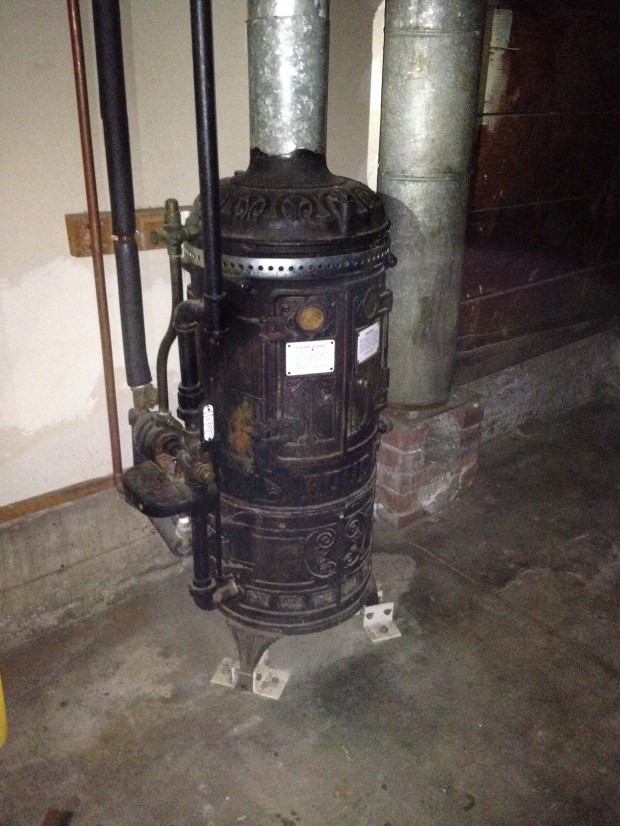
1930’s Tankless
When I found this GAS tankless water heater in Berkeley California still working in the home, I had a double take. Who knew they were popular years ago? They clearly died out and are just now coming back into vogue.
Billed as an endless stream of hot water emitting from a compact unit, without storing water at all. The gas tankless water heaters, AKA-Point of use water heater, or On demand water heaters, are a relatively new marketing phenomenon in the states.
What you need to know
Tankless water heaters must have a large gas supply line and be vented in double walled pipe. Electrical tankless units are generally not recommended because the amount of electricity needed to heat the water in such a short time is phenomenal.
You would likely need to upgrade your power supply to the home. Regardless of the unit you choose, this is a job that requires permits and best suited for a professional installation.
There are special applications that are perfect for dinky point of use units. I see them used occasionally at remote hand washing sinks in commercial applications. They are all flow regulated.
Is there any energy savings?
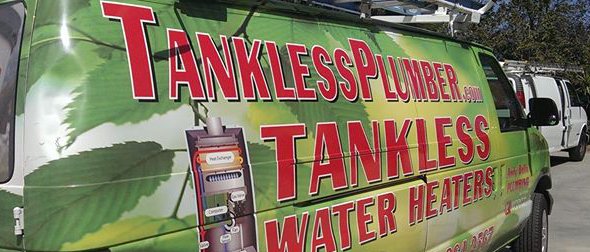
tankless company
Yes, tankless may save about $100 worth of energy per year according to experts. It depends upon how you use hot water. Having a tankless water heater may lull you to waste water realizing that it never runs out.
It is intuitive that storage of hot water wastes energy.
Our domestic ground water comes into our homes at about 65F degrees changing that into 120F degrees takes a bunch of energy to accomplish.
The storage of hot water in a tank is the sticking point. Some energy is wasted storing hot water for later use, no question about it.
Is there money savings?
A typical tank system may cost $1,300 installed, a typical tankless $3,000. Tankless units are designed to last 30-40 years where a tanked system may last 10-15 years. When you do the numbers, I believe the well insulated (energy star rated) tanked system is a better deal taking everything into consideration.
Water heater care & feeding

Gas tankless water heater
Tankless water heaters require periodic service in the form of flushing with vinegar to descale them. Your water hardness will dictate the frequency, annually is the minimum as far as I can tell.
It is not uncommon for a tankless application to require a water softener to be installed. This should be considered a hidden cost of ownership?
Tanked systems should be flushed as well, but that can be done by attaching a hose and opening the flush valve for a minute or so annually.
How the tanked industry is fighting back
The tanked industry has combated this weakness by upping the insulation. Go hug your water heater. If it is 10 years old or newer, I’ll bet it isn’t even warm to the touch. That is because the insulation is doing its job. Remember when we used to put blankets over them?
I was just advised that new energy regulations are going to make old water heaters obsolete by increasing the requirements on all new water heaters starting in April 16th 2015. See the Image gallery below for the specifications and details about what is changing (Thanks Lonny Barr from Ferguson for the heads up)
What is the best application?
I usually coach folks to look at natural gas unit when feasible. Occasionally there is no good place to vent one, so we go electrical tanked. I’ll recommend a gas tanked unit unless space is tight, then tankless is a last option.
If cost savings is the case, then an (energy star rated) tanked 50 gallon gas unit is always the preference.
If you are storing hot water for long periods of time without using it, perhaps tankless is the way to go.
The one clear advantage for tankless is that they uses less space. Boise Idaho climate requires the units to be plumbed inside the home. (I just saw one installed outside, he uses heat tape and insulation on the pipes, “It’s only frozen up once in the past few years”
Those that do use them adapt to how they operate, like anything new, you get used to them.
Whose opinion do you trust?
Everywhere I have looked the cautionary tales of tankless water heaters exist. As a clear voice for the building industry, The Green Building Advisor is a respected source that writes about the topic frequently.
- Are they more energy efficient?
- Are they green?
- What can you expect a payback on the investment?
- Is it worth the extra cost to buy and install?
- Is it common to waste water because there is no fear of it running out?
My forecast for the future
My money is in the industry that does the most innovation. Tanked systems are discovering ways to make their tanks more efficient, so is the tankless industry. In combination with an on demand circulating pump a tankless unit might just be the best of both worlds.
The best news I suspect is that both industries are continuing to innovate which will likely be a win for consumers in the end.
Bonus Round Questions?
- What is your experience with these things?
- Can anyone share a different experience with me?
IMHO, the odds are good of a technology breakthrough in the next 5 years when hydrogen fuel cells or something like it hits the market. The last thing you want to be is stuck with a dinosaur of a tankless unit that has 35 years of use left in it.
Your comments are welcome. To ask questions or get more information about remodeling, click here to email me directly, or call 208-947-7261
If you or someone you know is considering remodeling or just wants to speak to a trustworthy remodeling contractor please contact me, you’ll be glad you did.

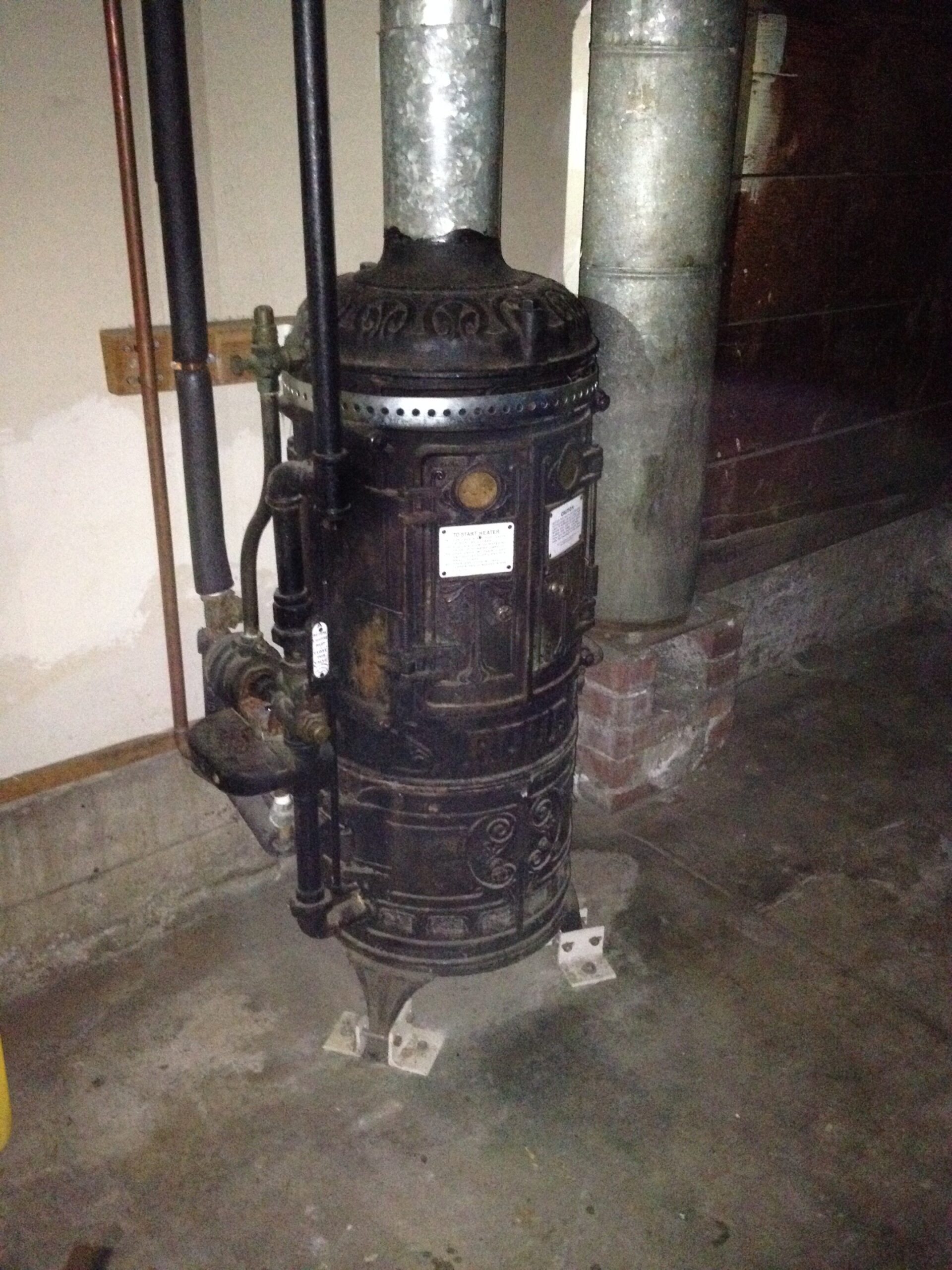


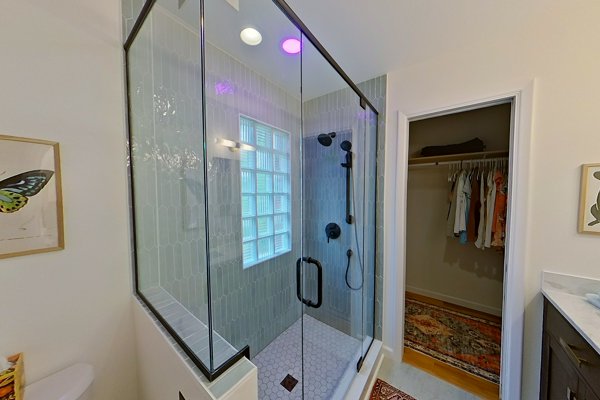
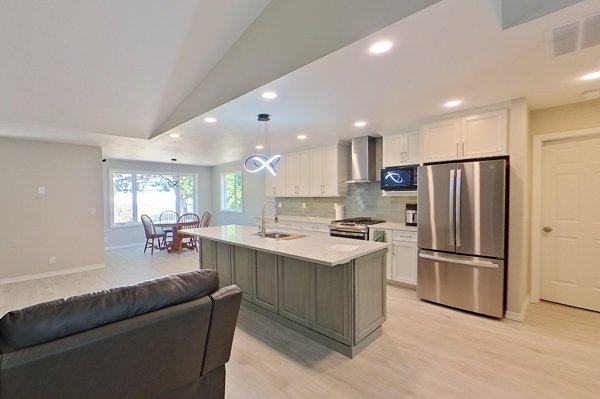
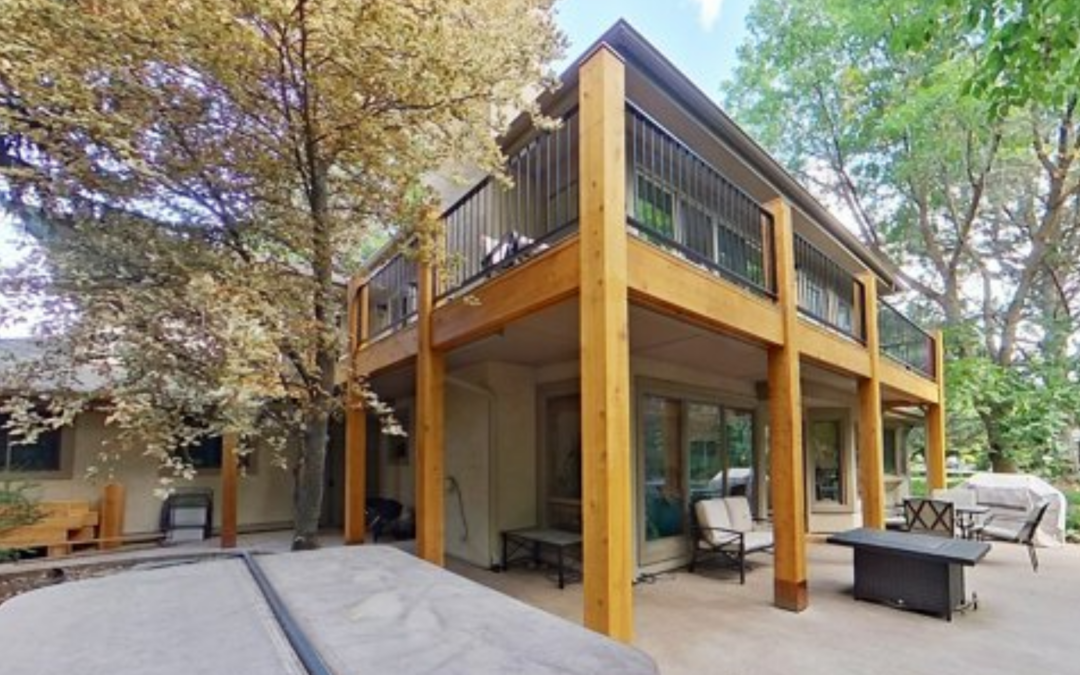

0 Comments